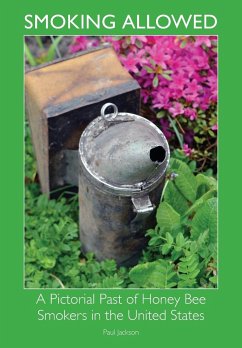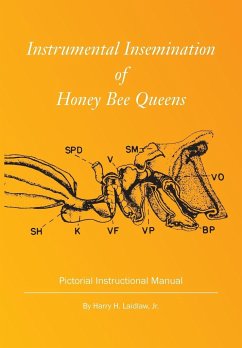Produktdetails
- Verlag: Northern Bee Books
- Seitenzahl: 136
- Erscheinungstermin: 10. August 2012
- Englisch
- Abmessung: 244mm x 170mm x 8mm
- Gewicht: 249g
- ISBN-13: 9781908904188
- ISBN-10: 1908904186
- Artikelnr.: 66454368
Hinweis: Dieser Artikel kann nur an eine deutsche Lieferadresse ausgeliefert werden.
- Herstellerkennzeichnung
- Libri GmbH
- Europaallee 1
- 36244 Bad Hersfeld
- gpsr@libri.de








